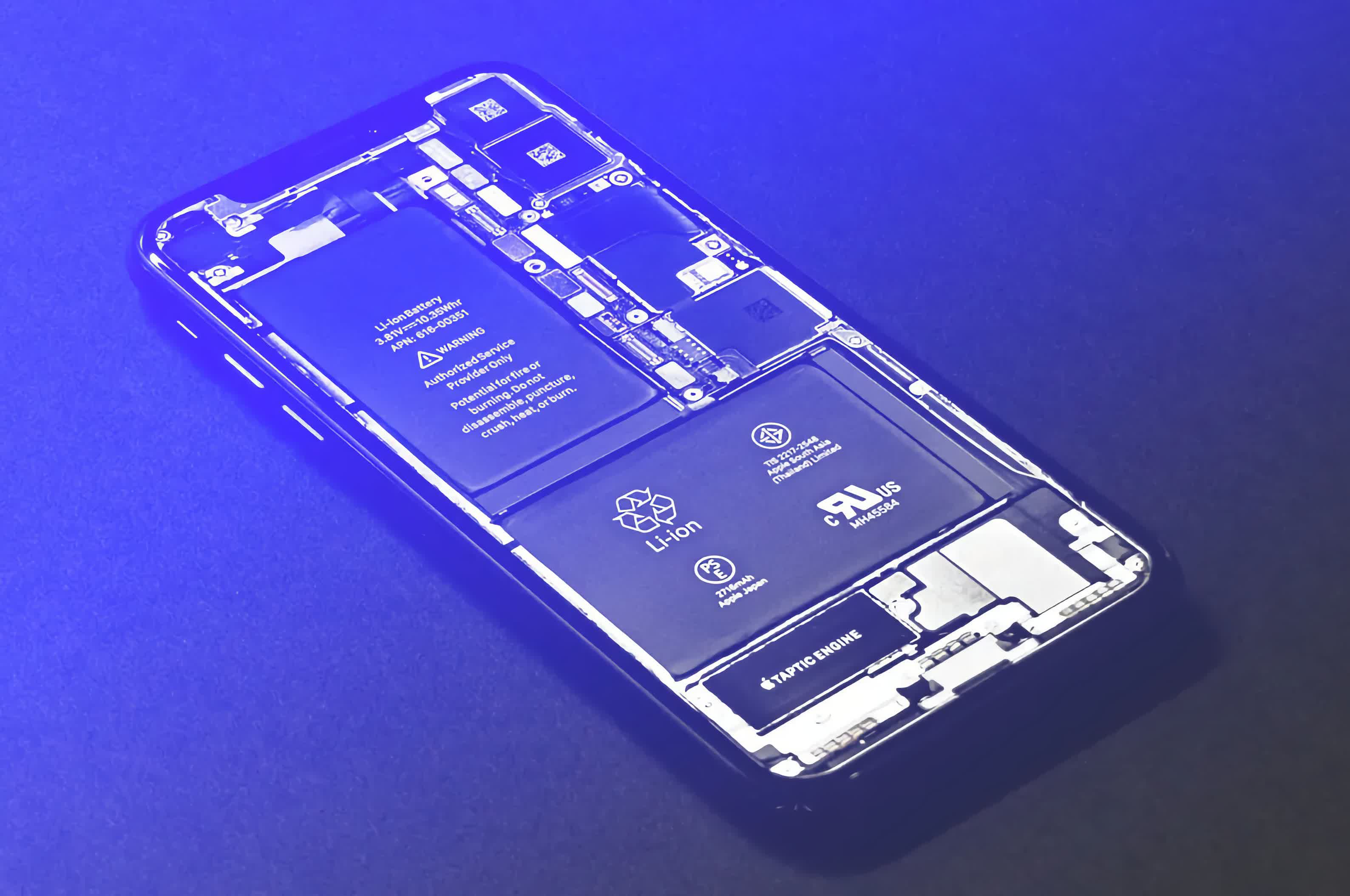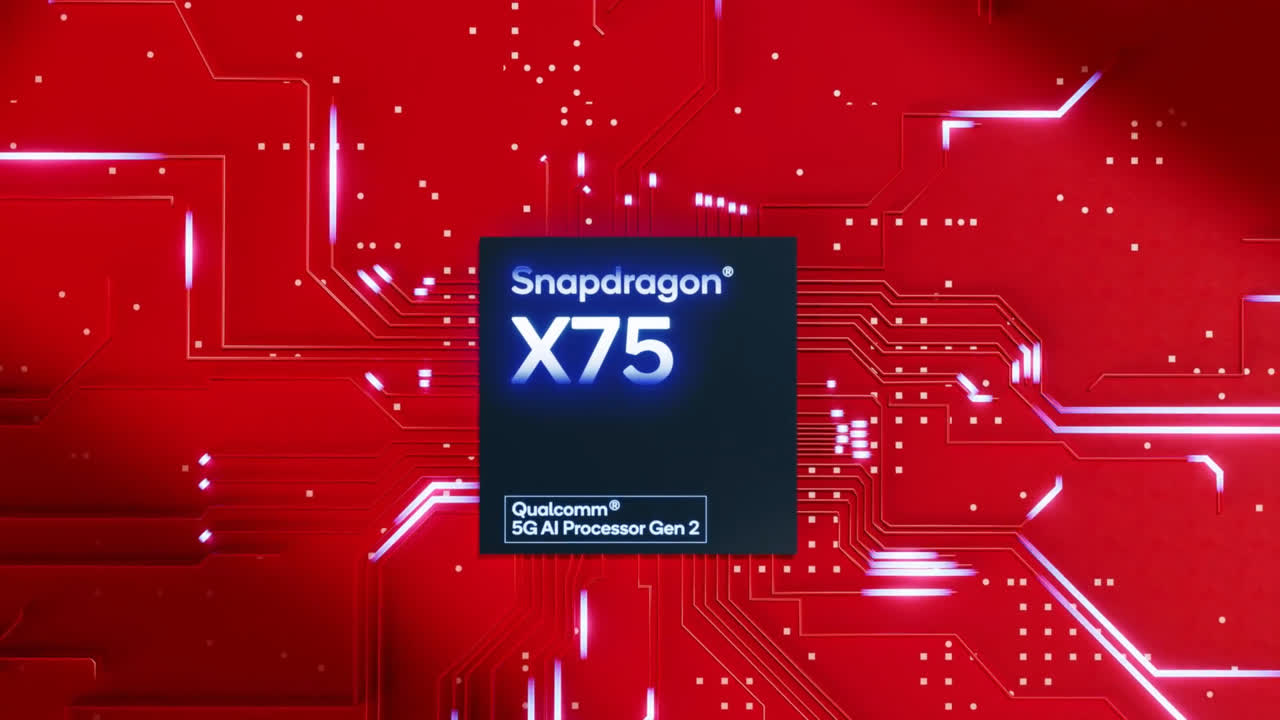
About a month ago, Qualcomm put out a barebones press release – just three sentences – announcing that they had reached an agreement to continue to selling modems to Apple. This hits pause on the doom narrative running around Qualcomm lately based on the pending loss of their largest customer, representing 20% of revenue.
Some background: Apple and Qualcomm do not get along well.
Apple avoided using Qualcomm modems from the earliest days of the iPhone. They only switched to Qualcomm in 2019, after settling a multi-billion dollar lawsuit. It is clear Apple would have been perfectly happy spending more billions on legal fees, but was forced to settle when their incumbent modem supplier – Intel – told them they would not have a 5G modem ready in time for the next iPhone.
Editor's Note:
Guest author Jonathan Goldberg is the founder of D2D Advisory, a multi-functional consulting firm. Jonathan has developed growth strategies and alliances for companies in the mobile, networking, gaming, and software industries.
At the time, there were widespread rumors that Apple viewed the supply arrangement as temporary and planned to build their own modem. Apple then confirmed those rumors when they purchased Intel's modem business in 2019 for almost $1 billion. Qualcomm management went on to warn that they had built their long-term plan around the assumption that they would lose the Apple business starting with the 2024 iPhone.
Since then, everyone has been waiting to see what Apple's modem would look like. And waiting. There have been reports of setbacks along the way. We wrote back in a mid-2022 piece titled "Is Apple Failing at Modems?":
So it is very possible that Apple just did not have sufficient design experience to build the chip. If we had to guess, maybe they completed a design but found that its power performance did not meet expectations. It is important to remember that Apple has failed at building networking chips before. Ten years ago they acquired a Wi-Fi/Bluetooth team from Texas Instruments, but today Apple is still buying those chips from Broadcom.
Put simply, building modems is hard, and very different from building the purely digital processors at which Apple excels.

So what does this mean now? For starters, Qualcomm gets some breathing room. As we noted last quarter:
Ultimately, Qualcomm's story remains unchanged. They have made some smart strategic bets in areas like RF, automotive and IoT, but these all have long design cycles and it will be several years before they (especially automotive) become material to earnings. At the same time, the loss of Apple looms. So their numbers are a race between the sunset of the Apple business and the ramp of those businesses. This quarter despite all its pitfalls does not change that outlook.
It now seems that Qualcomm does not expect Apple to have its own modem until the 2027 iPhone at the earliest. By then, Qualcomm should be showing significant automotive revenue and probably (hopefully?) have a very strong story around the growth of that opportunity.
There is also the potential for Apple and Qualcomm to mend fences. In the future, we can write about what we think lies at the heart of the bad blood between the two companies, but at this point we have to think that both companies have to be getting tired of this.
Tim Cook strikes us as ultimately pragmatic, we question how wed he really is to an internal modem. And Qualcomm's CEO built his career negotiating some of the biggest companies of the day (I.e. the telecom operators). So maybe there is room for more a amicable relationship. Maybe.
https://www.techspot.com/news/100420-qualcomm-lives-fight-another-day.html